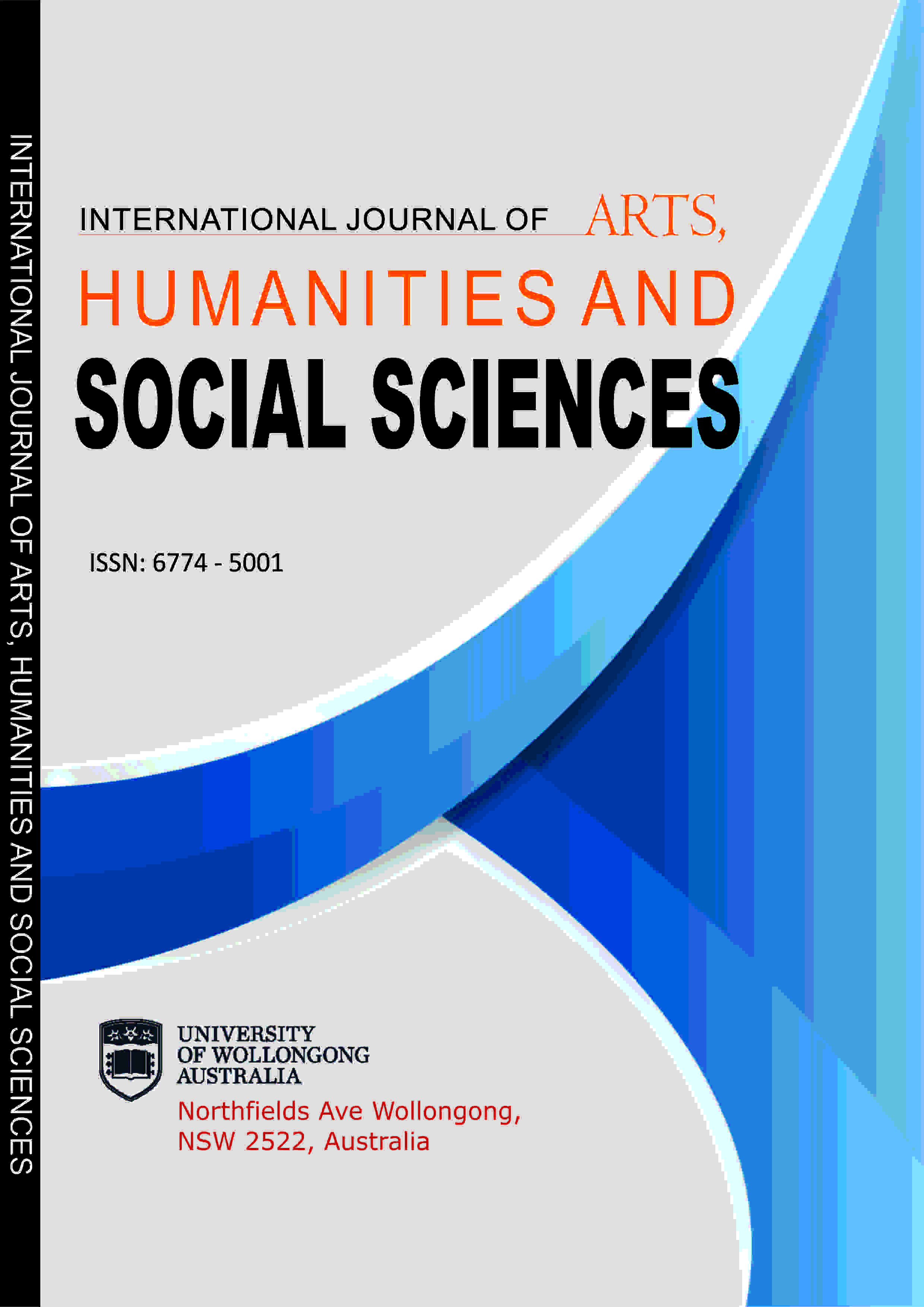INTERNATIONAL JOURNAL OF ARTS, HUMANITIES AND SOCIAL SCIENCES (IJAHSS)
ISAAC BORO AS A COMMON MAN REVOLUTIONARY MARXIST HERO
E-ISSN: 2579-048X
P-ISSN: 6774-5001
DOI: https://iigdpublishers.com/article/479
Heroism is the practice of the display of expertise, courage, bravery, fortitude, unselfishness, valor, doughtiness, spine, spirit and etc in a chosen field. It is the extension of intrepidity, audacity, lion heartedness, dauntlessness, gallantry and guts in one’s exploits or taking up a struggle against a perceived unfavorable situation which serves the interest of mankind. The thrust of this study is the exploration of the life and impact of Isaac Boro, a Nigerian activist and leader in the struggle for self-determination. It delves into his early life, his involvement in the Niger Delta Volunteer Force, and his ultimate sacrifice for the cause of freedom for his people. This paper highlights Boro’s courage, determination and unwavering commitment to social justice, making a compelling case for his status as a revolutionary hero in Nigerian history. The theoretical framework adopted for this study is “Marxist Revolutionary Theory”. It is a qualitative research that combines case study, descriptive and critical analysis of sources with fieldwork interviews. Among the findings is that hero worship transcends abound the traditional epic scholar’s view of nobility or high-born; such as kings, queens, emperors, generals, princes, princesses, and etc, as the hero, but, it is dependent on one’s excellent feats attained in his chosen field. However, this study recommends that men should put in a grim struggle in whatever they choose to achieve the best result.
John Suofe PhD
Boro, G. (2007). The Life and Works of Isaac Jasper Adaka Boro, Yenagoa: J.M.K Press.
Bowra, C.M. (1964). Heroic Poetry, London: Macmillan.
Brecht, B. (1964). Caucasian Chalk Circle. London: Metheun.
Campbell, J. (1949). The Hero with a Thousand Faces. New Jersey: Princeton University Press.
Carlyle, B. (1840).Hero Worship and the Heroic in Poetry. Oxford: Oxford University Press.
